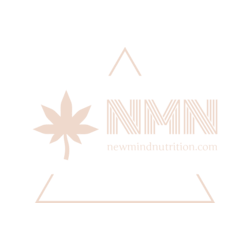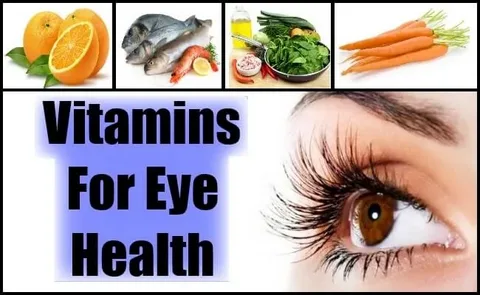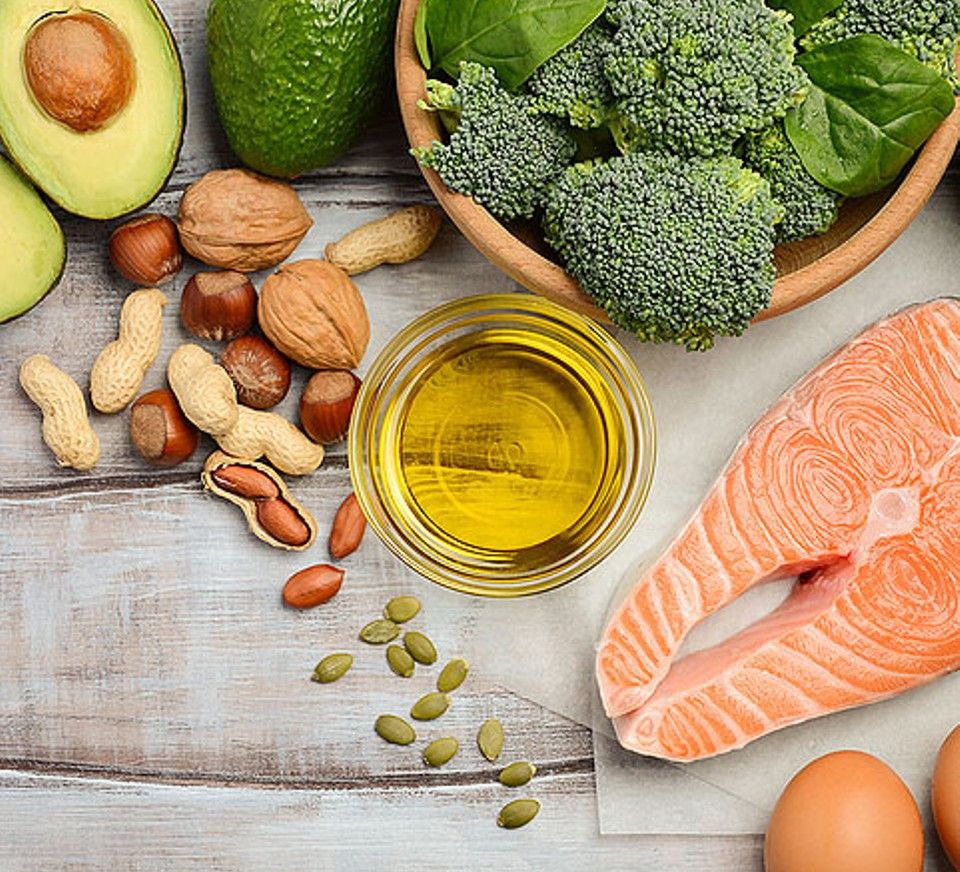Introduction
Maintaining good eye health is crucial for overall well-being and quality of life. Alongside regular eye exams and healthy lifestyle habits, vitamins play a significant role in supporting and preserving vision. This guide explores the vitamins essential for eye health, their benefits, food sources, supplements, and frequently asked questions about maintaining optimal vision.
Vitamin A
What role does Vitamin A play in eye health?
Vitamin A is essential for maintaining healthy vision, particularly for low-light and night vision. It helps in the formation of rhodopsin, a pigment in the retina that aids in low-light conditions.
How can I get enough Vitamin A for eye health?
You can obtain Vitamin A from both animal sources (retinoids) like liver, eggs, and dairy, and plant sources (carotenoids) such as carrots, spinach, and sweet potatoes.
Vitamin C
How does Vitamin C benefit eye health?
Vitamin C is an antioxidant that helps protect the eyes from oxidative stress. It supports the health of blood vessels in the eyes and may reduce the risk of cataracts and age-related macular degeneration (AMD).
What are good sources of Vitamin C for eye health?
Citrus fruits, strawberries, bell peppers, and broccoli are excellent sources of Vitamin C. Supplementing with Vitamin C may be beneficial for those at risk of eye diseases.
Vitamin E
What is the role of Vitamin E in eye health?
Vitamin E protects cells from damage caused by free radicals, thus supporting eye health. It may also reduce the risk of cataracts and AMD.
How can I incorporate more Vitamin E into my diet?
Nuts, seeds, spinach, and fortified cereals are rich sources of Vitamin E. Including these foods in your daily diet can help maintain optimal levels for eye health.
Vitamin D
Does Vitamin D play a role in eye health?
Vitamin D may reduce the risk of developing macular degeneration, which is a leading cause of vision loss in older adults. It also supports overall immune function, which indirectly benefits eye health.
How can I ensure adequate Vitamin D intake for my eyes?
Sunlight exposure is a primary source of Vitamin D. Additionally, fatty fish like salmon, fortified dairy products, and supplements can help maintain Vitamin D levels.
Vitamin B Complex
What does the B complex do for eye health?
Vitamins B6, B9 (folate), and B12 contribute to overall eye health by reducing homocysteine levels, which are associated with a higher risk of AMD.
What foods are rich in B vitamins for eye health?
Whole grains, leafy greens, eggs, and lean meats are good sources of B vitamins. A balanced diet ensures sufficient intake of these essential nutrients.
Vitamin K
How does Vitamin K support eye health?
Vitamin K helps maintain healthy blood vessels, including those in the eyes, which is crucial for preventing conditions like glaucoma.
Where can I find Vitamin K for eye health?
Leafy greens such as kale, spinach, and collard greens are excellent sources of Vitamin K. Adding these foods to your diet supports both eye health and overall well-being.
Zinc
What role does Zinc play in eye health?
Zinc is essential for the metabolism of Vitamin A in the retina and helps maintain healthy vision. It also supports the immune system, which indirectly benefits eye health.
How can I ensure adequate Zinc intake for my eyes?
Oysters, red meat, poultry, beans, nuts, and dairy products are good sources of Zinc. Including these foods regularly can help meet your daily Zinc needs.
Lutein and Zeaxanthin
What are Lutein and Zeaxanthin, and how do they benefit eye health?
Lutein and Zeaxanthin are carotenoids that accumulate in the retina and lens, where they act as antioxidants, protecting against oxidative damage and reducing the risk of cataracts and AMD.
What foods contain Lutein and Zeaxanthin for eye health?
Leafy greens like kale and spinach, as well as egg yolks and orange peppers, are rich sources of Lutein and Zeaxanthin. Supplements are also available for those who may not get enough through diet alone.
Omega-3 Fatty Acids
How do Omega-3 fatty acids support eye health?
Omega-3s, particularly EPA and DHA found in fatty fish, help maintain healthy retinas and may reduce the risk of dry eyes and AMD.
What are good sources of Omega-3s for eye health?
Salmon, sardines, flaxseeds, and walnuts are excellent sources of Omega-3 fatty acids. Consuming these foods regularly supports overall eye health.
FAQs about Eye Health and Vitamins
What vitamins are essential for preventing age-related eye diseases?
Vitamins A, C, E, and the carotenoids Lutein and Zeaxanthin are crucial for preventing age-related eye diseases like cataracts and AMD.
Can supplements replace a healthy diet for eye health?
Supplements can complement a healthy diet but should not replace whole foods. A balanced diet rich in fruits, vegetables, lean proteins, and whole grains provides the best nutrition for eye health.
Are there specific vitamins that help with dry eyes?
Omega-3 fatty acids and Vitamin A are beneficial for maintaining lubrication and reducing inflammation in the eyes, which helps alleviate dry eye symptoms.
How do antioxidants like Vitamin C and E protect the eyes?
Antioxidants neutralize free radicals that can damage cells in the eyes, including those in the retina, thus protecting against conditions like AMD and cataracts.
Can Vitamin supplements improve night vision?
Vitamin A is crucial for night vision because it supports the production of rhodopsin, a pigment in the eyes that enables us to see in low-light conditions.
Should I take Vitamin supplements for eye health if I have a family history of eye diseases?
Consulting with an eye care professional is advisable if you have a family history of eye diseases. They can recommend specific supplements or dietary changes based on your risk factors.
What role does Vitamin D play in preventing macular degeneration?
Vitamin D may help reduce the risk of macular degeneration by supporting overall eye health and immune function. Adequate sun exposure and dietary sources are important for maintaining Vitamin D levels.
How can I know if I’m getting enough vitamins for eye health?
Regular eye exams can assess your eye health and detect early signs of eye diseases. Additionally, a balanced diet rich in vitamins A, C, E, and Omega-3 fatty acids supports optimal eye health.
Are there any vitamins that can improve eye fatigue or strain?
While specific vitamins may not directly alleviate eye strain, maintaining overall eye health through a balanced diet and regular breaks from screen time can reduce eye fatigue.
Can supplements interact with medications for eye conditions?
Some supplements may interact with medications prescribed for eye conditions. It’s important to inform your healthcare provider about all supplements you’re taking to prevent any potential interactions.
Conclusion
Prioritizing eye health through nutrition is a proactive approach to maintaining clear vision and preventing eye diseases. By including a variety of vitamins and nutrients in your diet, you can support your eyes’ health and overall well-being for years to come.



